THOSE WERE THE MOST WONDERFUL DAYS.
BHULI BISTRI YAADEIN
Why the Duka Walla(Indian Shopkeeper is smarter than you?
I could hazard two reasons for this: One, the Indian doesn't give a hoot about land. All he needs is a roof over his head anda place to sell his wares.Wazungu, on the other hand, will lease thousands of hectares of desert land and then pretend to make money out of it from tourists.How the hell do you do that when crooks are turning all the trees upstream into charcoal?Africans, on the other hand, will steal and kill each other for land. But after that, they do absolutely nothing with it apart fromwalking around admiring farm boundaries and selecting burial spots.The second reason is that the average Indian is more tenacious than a donkey. Note: A millionaire muhindi duka wallah will ownthe same pair of shoes for years unlike a local man who changes wives with his first bank loan. It's not easy minting moneyfrom a duka, either, as the many locals who sink their retirement benefits into roadside shops can testify.But I admire Indians most for their marriage customs. They are just brilliant, these Indian men. How did they connive to havewomen pay them dowry and still manage to sit on them?In fact, as soon as they have eaten the dowry that the bride brought, they install her in the family home so that shecan t ak e care of their aging mothers as well. Would you believe it!And to seal the deal, they cover those women from head to toe m ak ing it virtually impossible for wife snatchers to salivate.Have you ever seen an Indian woman's underwear? Now contrast that with African women who seem hell bent on baring itall to the nearest passerby.My ancestors thought they were smart yet all they cared about were useless gizzard rights. Why couldn't they think up a scam like this?Here we pay dowry through the nose yet if one's mother visits for two weeks, the wife issues an ultimatum:"Either that old hag goes or I'm out."Life is, indeed, a circus!xxxxxxxxxxxxxxxxxxxCURRENCIES: STAMPS: ARTIFACTS: PHOTOS - ETC...Gateway to East AfricaIndians, mostly from Punjab, on the Uganda Railway Line (photo courtesy Charan Kundi)IIndian pioneers of East Africa -'not much difference in living style of India ' (sent by Pali Sehmi)An Indian shopkeeper with family and his vintage car.(sent by Pali Sehmi)An Indian cricket team - probably Mombasa or Dar-es Salaam(sent by Pali Sehmi)An Indian hunter with his kill of man eating lions - somewhere on the Mombasa Nairobi routeA very rare One shilling note 1943 (sent by Pushpendra Shah of Haria Stamp Shop)A 1949 20Shillimgs noteOne Rupee note in German East Africa & 5 Shilling East Africa note in 3 languages(English Arabic & Gujrati)A 10/- shilling Queen Elizabeth 11 note1973 -10/- noteIn the 19th century, a number of currencies were in use in East Africa .The most well known were the Theresean Dollar, the 'Cowries' (shells) from the Maldives.Nevertheless, because of the steadily increasing trade with India, these werereplaced with the Indian Rupeein the second half of the 19th century.In 1890, the DOA (German East African Co.) affirmed its importance byrequesting the German Govt., to produce German Silver Rupee. Through a number of financial reforms,this eventually led to the production of German Rupee notes in 1905. It is interesting to notethat for the Germans it was no option to introduce German coins and notes. This, no doubt,was an official recognition of the importance of the Indian Rupee and, therefore,the Indian business community.After the Germans lost the First World War, German Tanganyika Territory became a British mandate.The British East African Currency board printed shilling notes in which the English, Arabic and Gujarati languages arein the forefront.Note that at that time there was no reference to Swahili yet.The formal money economy was considered to be non-African.(Courtesy: Asians in East Africa by G.Oonk)A 50 rupee revenue stamp with Queen VictoriaStamps used in East Africa with King George VIEA Stamp with Queen Elizabeth IIKenya Stamps sent by Mukesh MehtaMap of East Africa 1900. See Kisumu in Uganda Protectorate - the reason the Railwaywas named Uganda Railways as Kisumu was supposed to be the last station from Mombasa.Mimi ni fasta kwa Simba - apana vesa kamata mimi ju ya Raleigh cycly. (sent by Tahir)Old type of ticket for East African Airways 1967(courtesy: Pushpendra Shah)Ad 1972 - I remember eating batata vada hereThe meaning of 'Harambee'A donkey cart used for delivering milk from dairy farms (1958)Shall I take his photo or run to the car?Dead Elephant is scary no more - even for walking on it.(see Sikh with kachhehra)A battle between a rhino and a chevvy - both got KO on Nairobi-Mombasa RoadPoachers dance after a kill (1958)An North Province chief.A very familiar sight on Nairobi streets was this Pathan:knife & scissor sharpner in 1950's.
You received this message because you are subscribed to the Google Groups "Keep_Mailing" group.
To unsubscribe from this group and stop receiving emails from it, send an email to keep_mailing+unsubscribe@googlegroups.com.
To post to this group, send email to keep_mailing@googlegroups.com.
Visit this group at http://groups.google.com/group/keep_mailing.
To view this discussion on the web visit https://groups.google.com/d/msgid/keep_mailing/CAGLz4tDWvbOGncwehDC_yCdtuCN40SwVFH3z3xiXhWD%2B-0JNUg%40mail.gmail.com.
For more options, visit https://groups.google.com/d/optout.

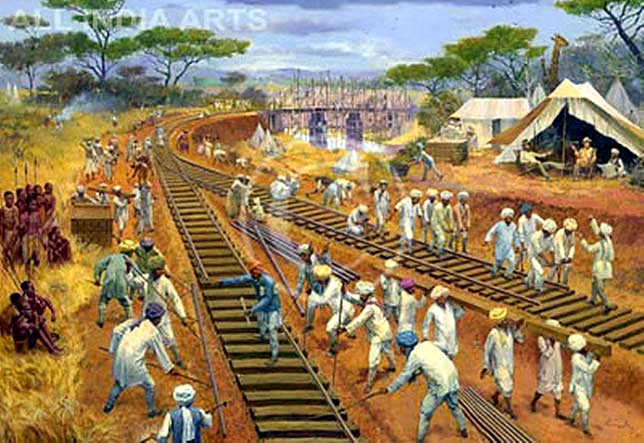
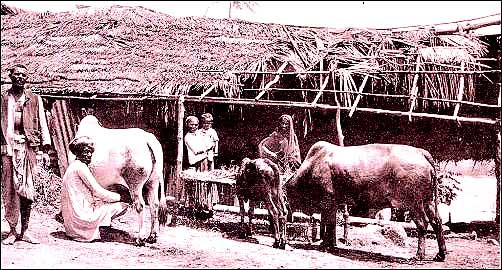
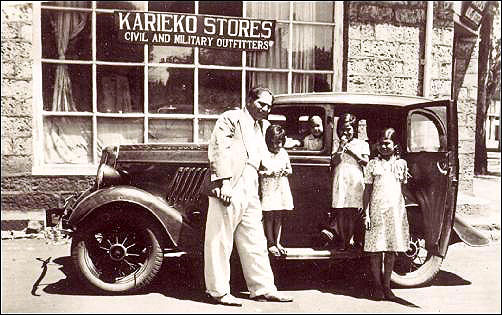
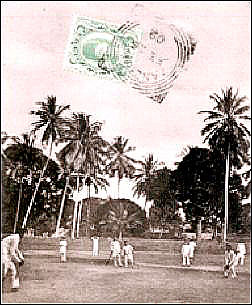
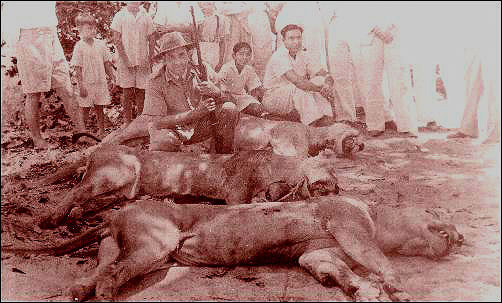
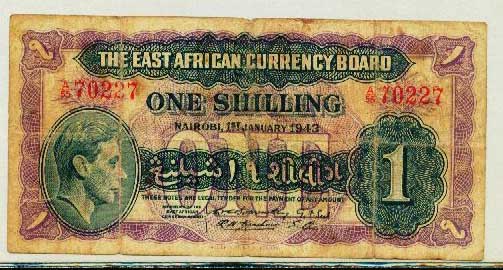
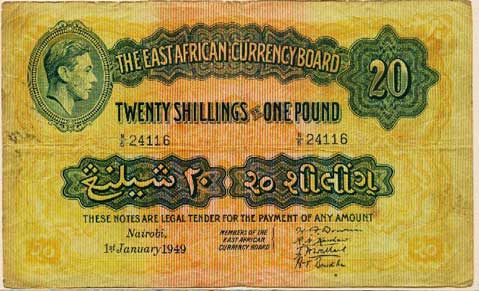
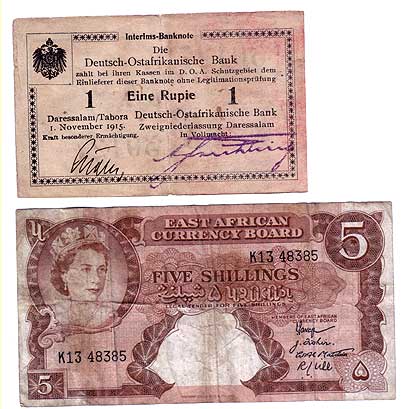
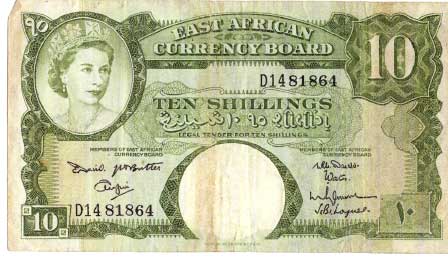
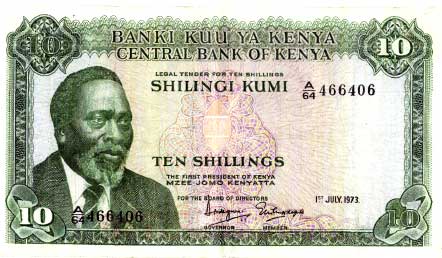


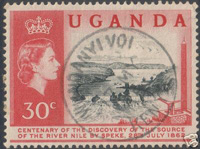
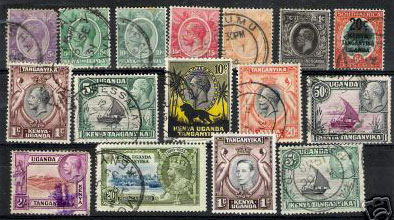
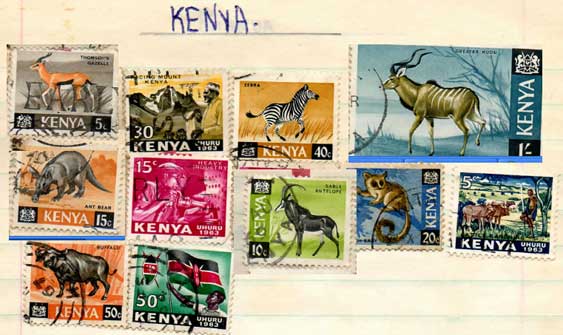
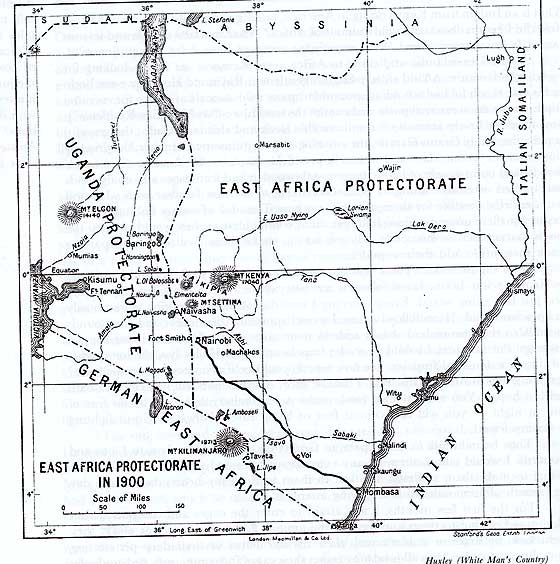

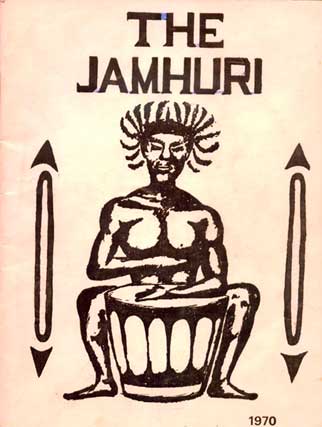
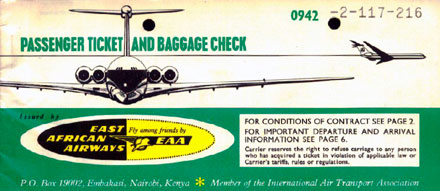
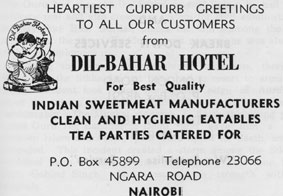
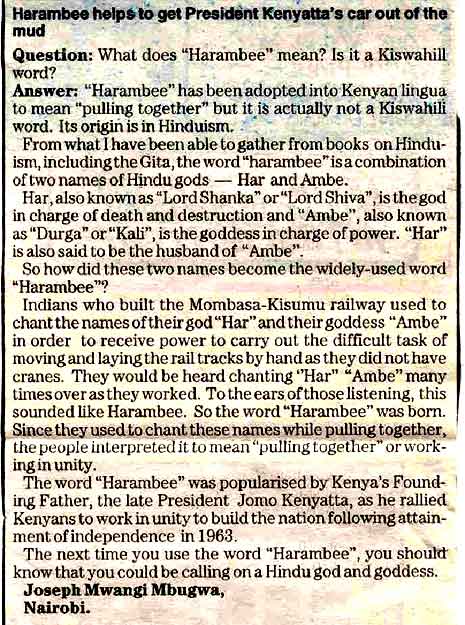
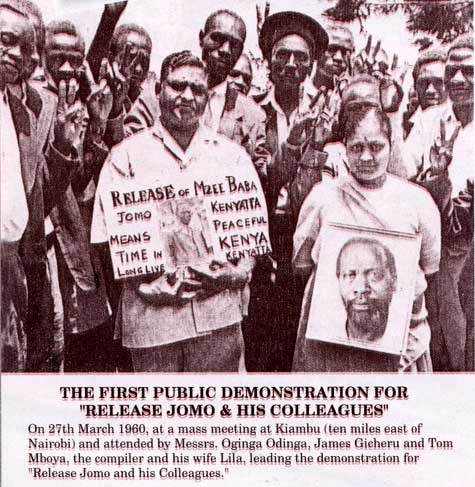
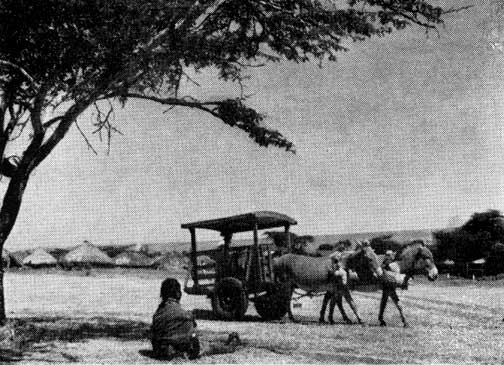
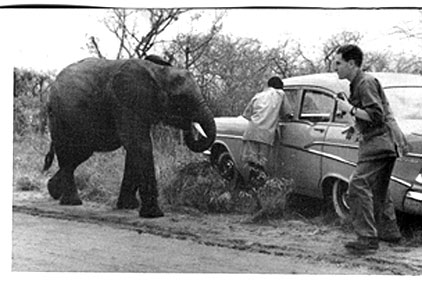


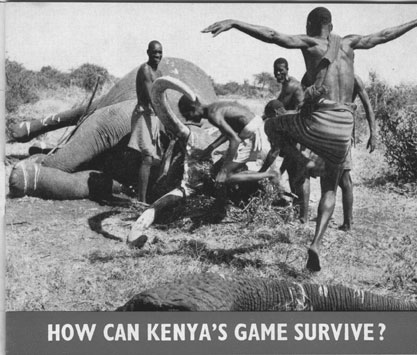
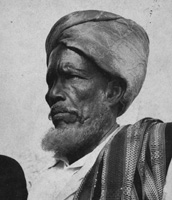
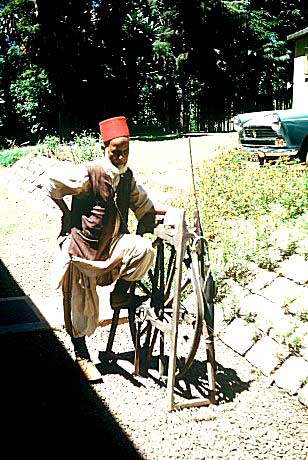
No comments:
Post a Comment